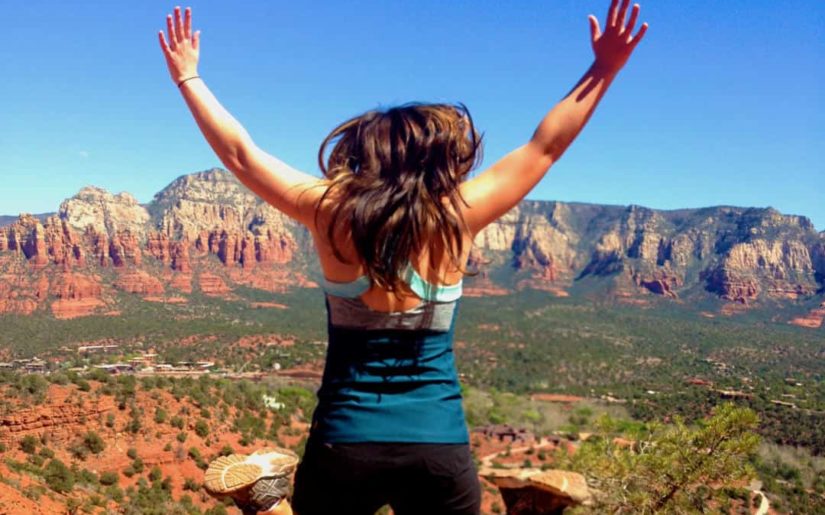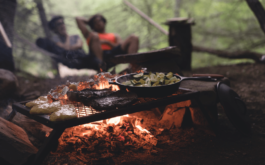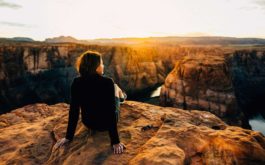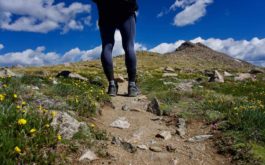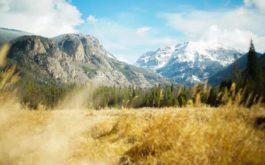More and more people want to spend time engaging in outdoor activities such as hiking, canoeing, kayaking, or mountaineering. Some of these activities are known as adventure behavior. Adventure behavior takes place outdoors, in natural environments, with elements of risk. There are many reasons why adventure behavior is becoming more popular such as, feeling healthy, opportunities for socialization, learning and improving skills, and deeply experiencing nature. Recently, scientists have taken an interest in measuring behaviors in natural environments. In a 2017 study, they developed an Adventure Behavior Seeking Scale (ABSS) to assess individual’s behaviors in outdoor adventure settings.
The tourism industry has also noticed this development. Adventure tourism has become one of the fastest growing sectors of the tourism industry, contributing about one trillion U.S. dollars to the economy. Travelers are increasingly seeking adventurous activities such as rock climbing, sailboarding, surfing, kiteboarding, white water rafting, and survival experiences.
Everyone wants to know, who are the adventure seekers? In this article, we take a deeper look into the ABBS and the findings associated.
Sensation Seekers
In this study, one behavioral researcher suggests that to sensation seekers, the outdoors is a source of stimulation. They are seeking unusual or extreme sensations and experiences in the great outdoors. These are people who want more than photos to post on social media. Often, they are drawn to terrain very different from their everyday lives. This may mean participating in extreme sports or testing their ability to hunt dangerous game or surviving in the wild. They want intense experiences, and they are more than willing to take risks to get them.
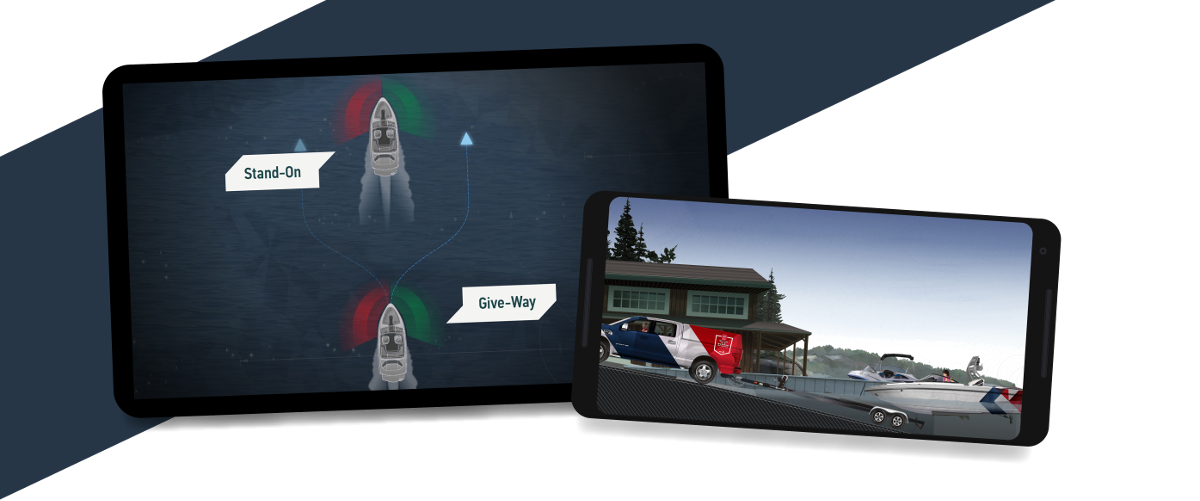
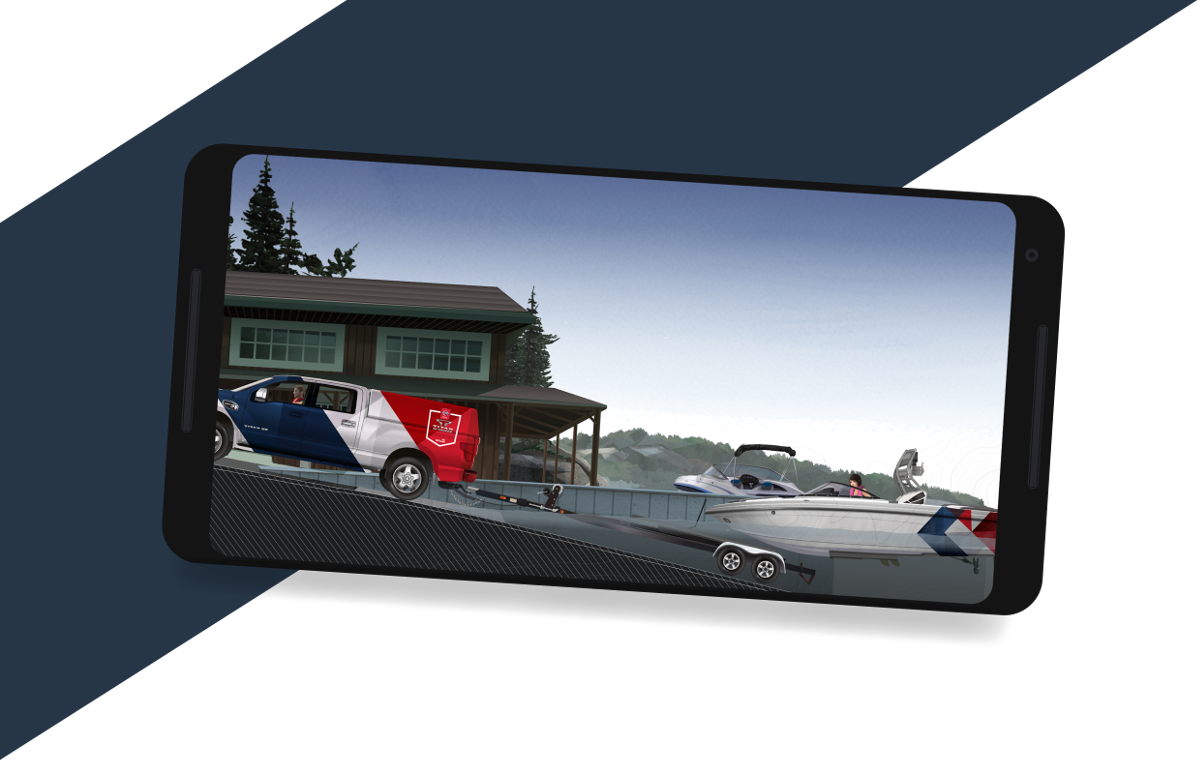
Get your Official North American
Boating License
The Official NASBLA and Transport Canada Boating Course, Test & License.
Get your Official North American
Boating License
The Official NASBLA and Transport Canada Boating
Course, Test & License.
Students
For these individuals, they want to get their heads out of a book and learn new skills. An adventure allows them to use all their senses, as well as forming new relationships while experiencing the beauty and risks of nature. Their outdoor experience may range from a childhood camping trip to more frequent and extreme adventures as an adult, but they are eager to absorb everything. For the student, the adventure is a meeting of personal skills and the challenges of the great outdoors.
The Self-Motivated
Some researchers in this study suggest that participation in outdoor activities is associated with self-efficacy. Self-efficacy refers to our overall belief in our own abilities, our capacity to meet and succeed at challenges. Therefore, the amount and type of our participation in outdoor adventures are based on our perceived level of competencies. The higher our level of self-efficacy, the more we engage in outdoor activities in the wild.
The Zen Adventurer
These people are not the very best at their sport or at wilderness skills, but they probably aren’t the worst, either. They are not there to prove anything or compete with anybody. It’s their pure love for it that keeps them there. They don’t mind a little challenge, but they understand their comfort zone and are fine with it. Being out in nature makes them feel alert, strong and in control. What they seek from nature is a sense of timelessness, transcendence and deep enjoyment.
The Timid Adventurer
This is someone who badly wants to be adventurous but may have few skills and no experience at all. Their childhood experience in the outdoors was probably limited to the backyard, during the daytime. These adventurers should start out with something that is not too challenging. It is also a good idea to try a new adventure with a friend, preferably someone who is patient and understanding, as well as knowledgeable.
What are the benefits of outdoor adventures?
In addition to the health benefits of outdoor exercise, some of the many benefits of spending more time in nature include:
- Stress relief
- Restored mental energy
- Improved mental health
- Sharper thinking and creativity
- Improved short-term memory
- Reduced inflammation
- Better vision
- Improved concentration
Of course, no one falls precisely into any category. There is a spectrum of adventure seekers, and as we try new experiences, we change.
Wherever you fall on the adventure seeking scale, there are endless opportunities for you to spend time in the outdoors. Trying new experiences and honing the skills you already have will help you grow as a person. So, give it a try. Go have an outdoor adventure. You won’t regret it!
